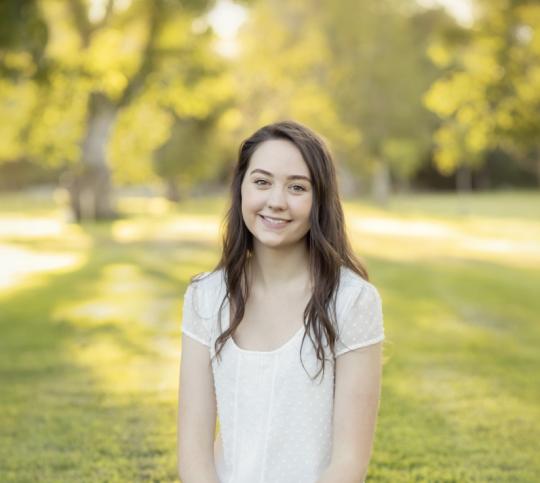Justice for the Planet and the People
“There are so many issues, and if we unite and fight together, I think that would be so beautiful,” said panelist Leah Thomas during the Climate Justice = Social Justice event.
The California State University System collaborated with several partners across the CSU System to put on this event about how environmental justice and social justice intersect as part of Sustainability Month. CSUN hosted the Zoom and Chico State Associated Students President, Bre Holbert moderated the event. Intersectional environmental activist Leah Thomas and Indigenous climate activist Xiuhtezcatl Martinez were featured as panelists.
Thomas and Martinez shared that there has been a lack of diversity and inclusivity in the world of environmentalism. Thomas spoke about her experience as a Black environmentalist saying that while she felt she was there for the environmentalist community in times of need, they did not reciprocate that support. “With the Black Lives Matter movement, with this resurgence happening in 2020, I felt a sense of silence from the environmental community,” said Thomas.
One point that I found to be particularly impactful was Martinez’s discussion of how people of color “are the first to be affected” by climate change yet they are the ones often left out of the conversation. “Our communities understand it and can understand the climate crisis and understand the environmental issues from a lived experience of being explicitly and intentionally oppressed for generations,” said Martinez. It is a sad truth that members of the BIPOC communities are faced with environmental racism that affects their health and quality of life. I feel that Martinez’s statement on this topic is an essential factor to consider. People of color must have a seat at the table when it comes to these important issues.
Towards the end of the event, there was a brief Q&A section where one viewer asked, “How can a person of privilege be an ally?” Thomas emphasized the importance of simply listening to the voices of the oppressed. She also encouraged those with privilege to refrain from asking “how can I save these people?” and instead focus on “how can I use my privilege to ask people what they need?” I believe this is a crucial point to talk about in activism and allyship. It is important to spread awareness about these topics in any way that we can, which includes uplifting the voices of marginalized communities and providing opportunities to speak and lead. Another viewer asked “what can we do today?” Thomas responded saying “a good place to start is with self-reflection and self-education.” Martinez also spoke on this, saying “when it comes to transformational change...that comes from how we gather and communicate those ideas.”
Holbert closed the event with a call to action slide that read “Vote! Complete the census! Learn more! Get involved and speak out!”
I found this webinar to be both educational and impactful. I appreciated the conversational atmosphere of the event. It didn't feel like attending a class lecture, as webinars often can feel, instead it was engaging and inspirational. I was not previously aware that the CSU system hosted sustainability events all October long, and now that I know, I will be attending future events. Thomas spoke to how important self-education is, and I believe events such as this one are a perfect way to do that.
This event is available to watch on CSUN’s Youtube channel.

Author: Stephanie Farris





